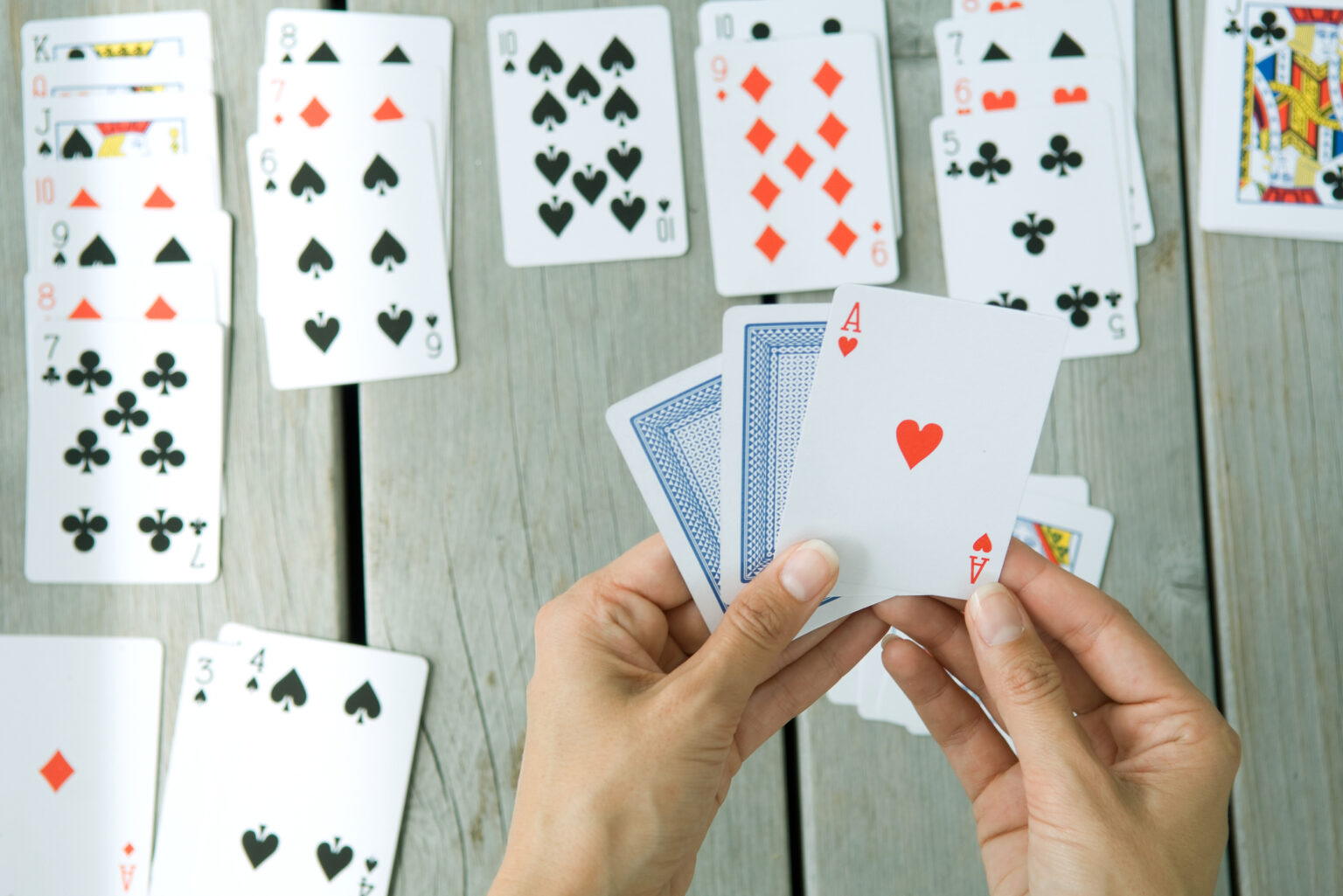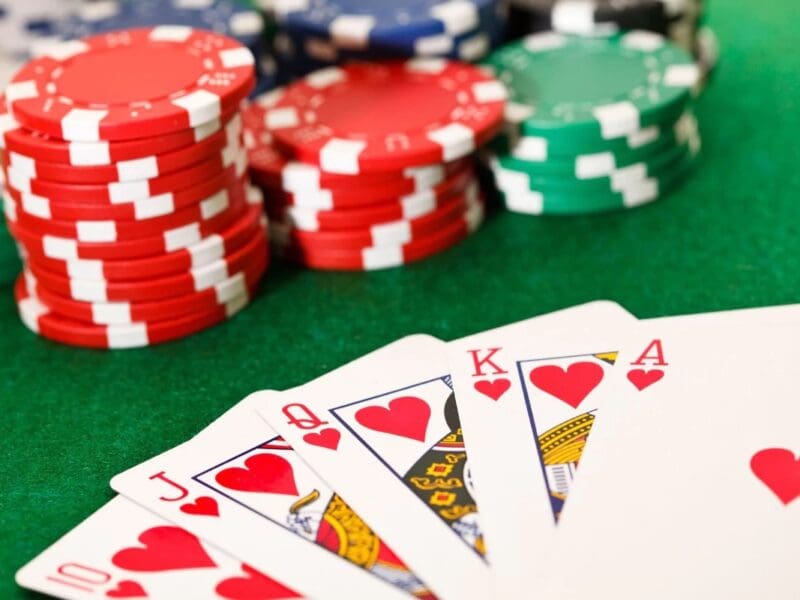
Card Games as Educational Tools: Enhancing Math and Strategy Skills
In the realm of education, finding engaging and effective methods to enhance math and strategy skills is a constant challenge. Traditional teaching methods often fall short in capturing the attention and interest of students, leading to disengagement and limited learning outcomes. However, card games that you can play online present a unique opportunity to bridge the gap between entertainment and education. This article explores the potential of card games as educational tools, specifically focusing on their ability to enhance math and strategy skills. By leveraging the inherent mathematical and strategic elements of card games, educators can create an engaging and interactive learning environment that promotes critical thinking, problem-solving, and mathematical proficiency.
I. The Role of Card Games in Education
1.1 Historical Context
Card games have a rich history, dating back several centuries. Throughout the ages, card games have been used for various purposes, including entertainment, social interaction, and gambling. However, their potential as educational tools is often overlooked. Understanding the historical context of card games helps us recognize their inherent educational value and provides a foundation for their integration into the classroom.
1.2 Benefits of Card Games in Education
Card games offer numerous benefits when it comes to learning and skill development. Some key advantages include:
- a) Engagement and Motivation: Card games are inherently engaging and enjoyable, making them an effective tool to captivate students’ attention and motivate their active participation in the learning process.
- b) Critical Thinking and Problem-Solving: Card games require players to analyze situations, make strategic decisions, and adapt their approaches accordingly. This fosters critical thinking and problem-solving skills, which are essential for mathematical proficiency.
- c) Collaboration and Communication: Many card games encourage collaboration and communication among players, fostering teamwork and social skills development.
- d) Immediate Feedback and Iterative Learning: Card games offer immediate feedback, allowing students to assess the consequences of their decisions in real-time. This iterative learning process promotes skill improvement and a deeper understanding of mathematical concepts.
II. Enhancing Math Skills Through Card Games
2.1 Counting and Number Recognition
Card games often involve counting and recognizing numbers, providing a natural environment for students to practice and reinforce these fundamental math skills. Games like “War” and “Go Fish” require players to identify and compare numbers, helping develop number sense and basic arithmetic proficiency.
2.2 Addition, Subtraction, Multiplication, and Division
Many card games incorporate arithmetic operations, enabling students to practice and strengthen their math operations skills. Games like “Blackjack” and “Crazy Eights” involve adding and subtracting numbers, while games like “Cribbage” incorporate multiplication and division, offering a dynamic platform to apply mathematical concepts in a practical context.
2.3 Fractions, Decimals, and Percentages
Card games can also facilitate the understanding and application of fractions, decimals, and percentages. Games like “Poker” involve probability and statistical analysis, which necessitate the manipulation of fractions and percentages. By engaging in such games, students develop a solid foundation in these concepts and their real-world applications.
2.4 Algebraic Thinking
Certain card games, such as “Set,” require players to identify patterns, make connections, and apply algebraic thinking. These games enhance students’ ability to recognize relationships between numbers, generalize patterns, and develop algebraic reasoning skills.
III. Developing Strategy Skills Through Card Games
3.1 Strategic Decision-Making
Card games often involve complex decision-making processes that require players to evaluate multiple factors, predict outcomes, and develop effective strategies. Games like “Bridge” and “Hearts” demand strategic thinking and planning, fostering skills such as logical reasoning, problem-solving, and risk assessment.
3.2 Spatial Reasoning and Visualization
Some card games, like “Solitaire” and “FreeCell,” require players to analyze the spatial layout of cards, visualize potential moves, and anticipate future outcomes. These games promote spatial reasoning, mental visualization, and the ability to think ahead—an essential skill set in mathematics and strategic thinking.
3.3 Pattern Recognition and Memory
Many card games rely on pattern recognition and memory skills. Games like “Memory” and “Concentration” challenge players to remember card placements and identify matching pairs, enhancing cognitive abilities such as memory retention, concentration, and pattern analysis.
3.4 Critical Analysis and Problem-Solving
Card games often present players with challenging situations that require critical analysis and problem-solving skills. Games like “Rummy” and “Spades” involve evaluating probabilities, calculating potential scores, and devising optimal strategies. Engaging in these games enhances analytical thinking, logical reasoning, and the ability to approach problems systematically.
IV. Implementing Card Games in the Classroom
4.1 Integration into Math Curriculum
Educators can integrate card games into the math curriculum to reinforce and supplement classroom learning. By aligning specific games with relevant mathematical concepts, teachers can create engaging activities that solidify understanding and provide practical applications of mathematical skills.
4.2 Differentiation and Personalization
Card games can be adapted to suit different skill levels, allowing for differentiation and personalized learning experiences. Educators can modify rules, adjust difficulty levels, or introduce variations to cater to individual needs, ensuring that all students are appropriately challenged and supported.
4.3 Collaborative Learning Opportunities
Card games provide an excellent platform for collaborative learning experiences. Teachers can design cooperative activities where students work together, discuss strategies, and solve problems collectively. This collaborative approach fosters teamwork, communication, and peer learning, enhancing the overall educational experience.
Conclusion
Card games possess unique qualities that make them valuable educational tools for enhancing math and strategy skills. By incorporating card games into the classroom, educators can create a dynamic and interactive learning environment that promotes critical thinking, problem-solving, and mathematical proficiency. Through the engagement, collaboration, and strategic decision-making fostered by card games, students can develop essential skills that extend far beyond the confines of the classroom, preparing them for success in an increasingly complex and competitive world.







